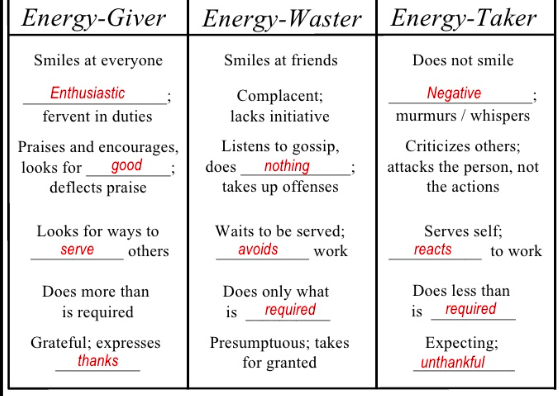AM I A GIVER OR A TAKER?
Aug
29
A month ago, I was given the book OPTION B about dealing with death and loss. Yesterday, this suggestion for a TED talk was in my iPhone messages and it turned out to be the coauthor Adam Grant.
Adam Grant, also wrote GIVE AND TAKE, and here’s some of his researched statistics on the situations where “givers” were found -- those who grew up with sisters, med-students who got to the bedside manner part of their education and practice. Giving sales people are found equally at the top and bottom of the earning scale, but there a slight edge to finding givers with higher IQ because they are more creative about finding ways. Givers often volunteer to do the less popular tasks.
Givers have better collaboration skills. Women are better in close relationships and men are better with the bigger/outside world of relationships. Givers have bigger networks. We want more givers?
Toxic takers use the words “I” & “Me” more. They are more concerned about their image and pictures of themselves are bigger and more flattering, the list is nauseating.
My granddaughter loves the movie TANGLED and asks, “Mother Gothel seemed to be good to Rapunzel, but was only using her?” Mother Gothel is a classic taker.
Adam Grant coaches us in identifying bad employees and takers:
Shirker
Pessimist
Gossip
Instigator
Bully
These are my notes from Brendon Burchard on how to talk with someone close, such as a wife, mother or potential Shaklee leader who are part of the “team” but not taking responsibility and under performing. It’s our responsibility as leaders to call out bad performance, not coddle or enable.
Brendon Burchard suggests, “be a leader, using the following ‘4 frames’, hold them accountable:
1. Honor the person: Start with, “You are important to me!
2. Explore their feelings: “What are your goals? What are you doing to meet them?”
3. Suggest new thinking, never question the potential of God’s children: “I heard Brendon at the Shaklee convention… He challenges me to be a leader. I am excited for new thinking. What an opportunity we have to help each other move toward fulfillment in our lives. I’m excited for the possibilities for our children.”
4. Challenge frame, a line needs to be drawn: “You have to show up if you want my support.”


